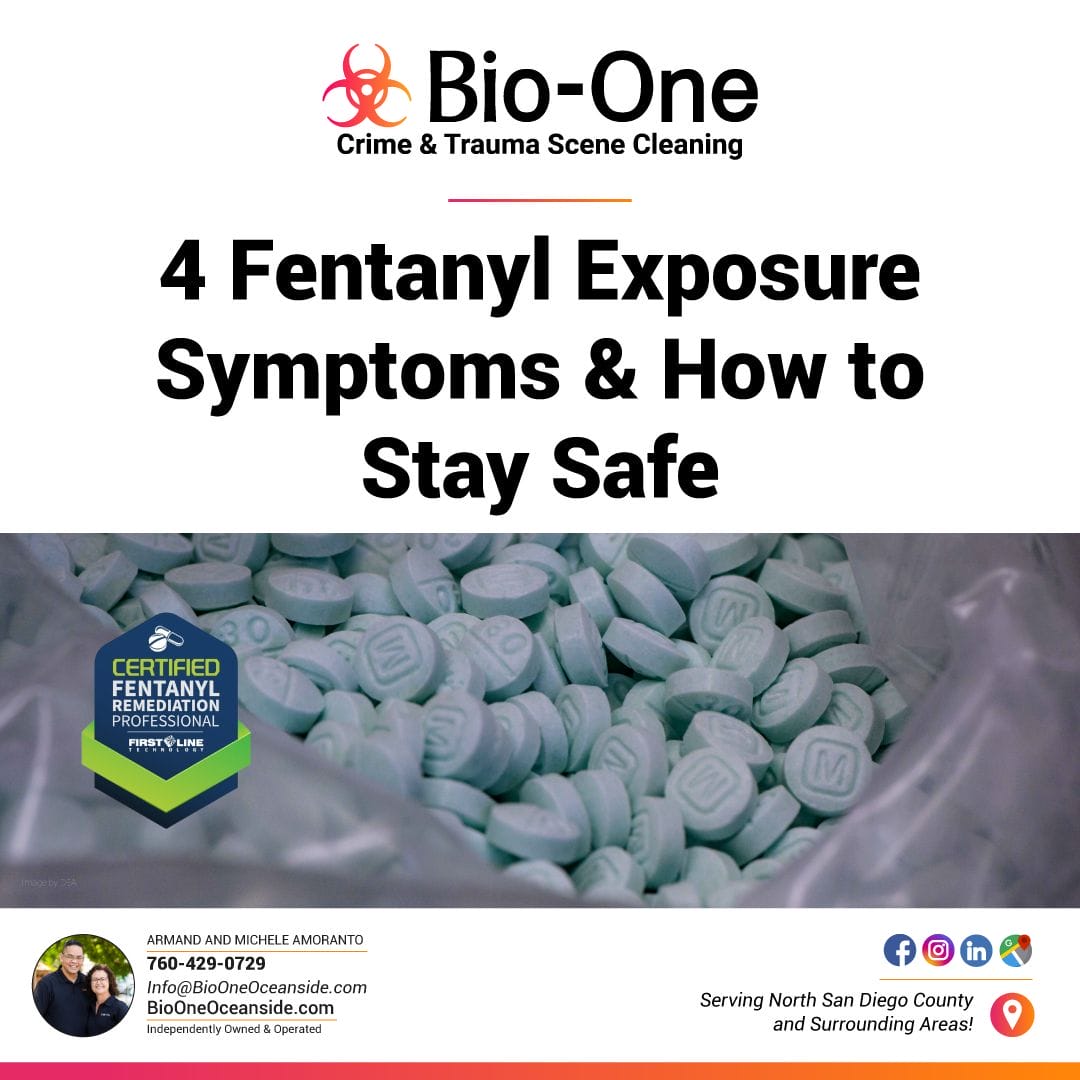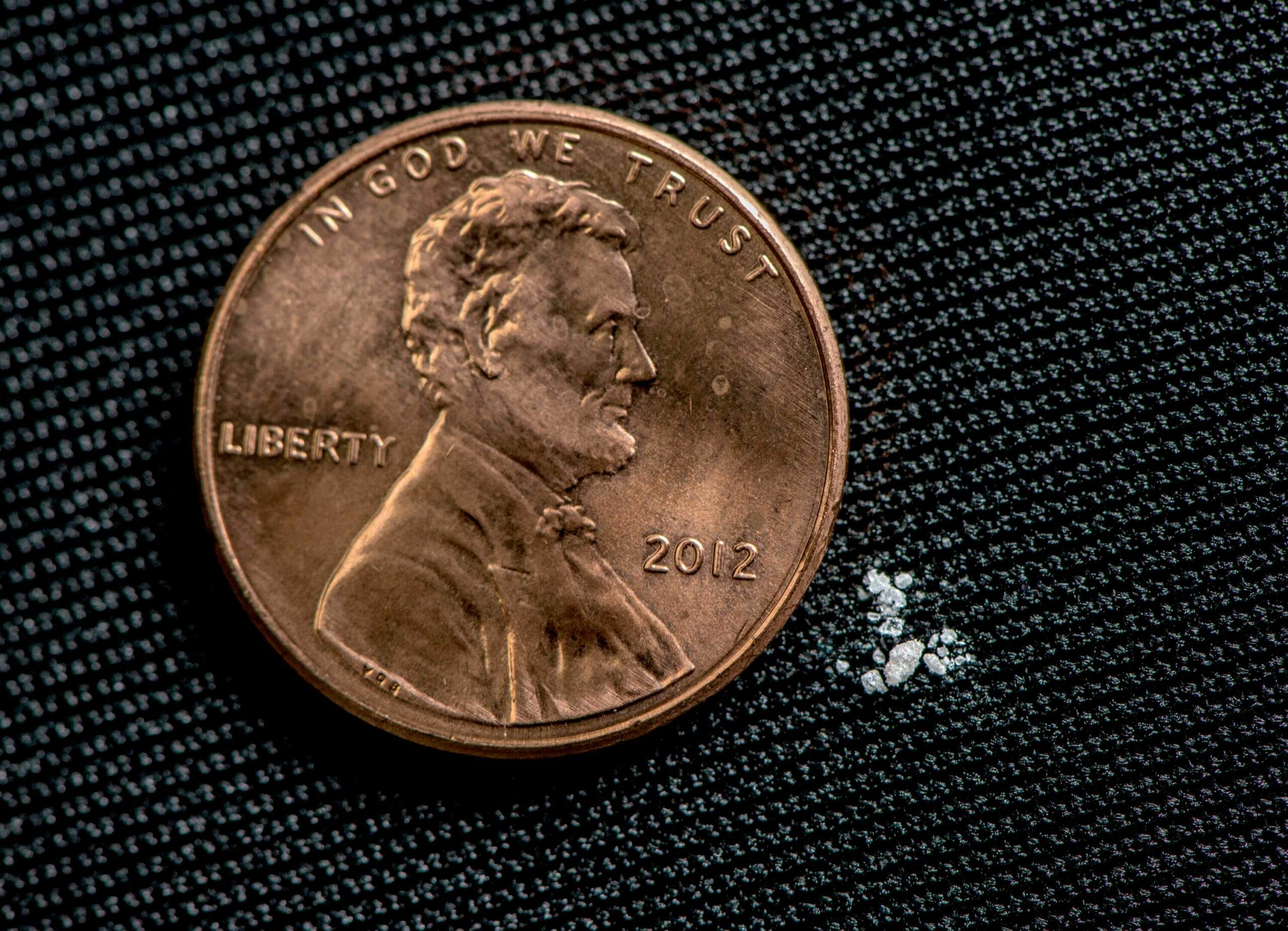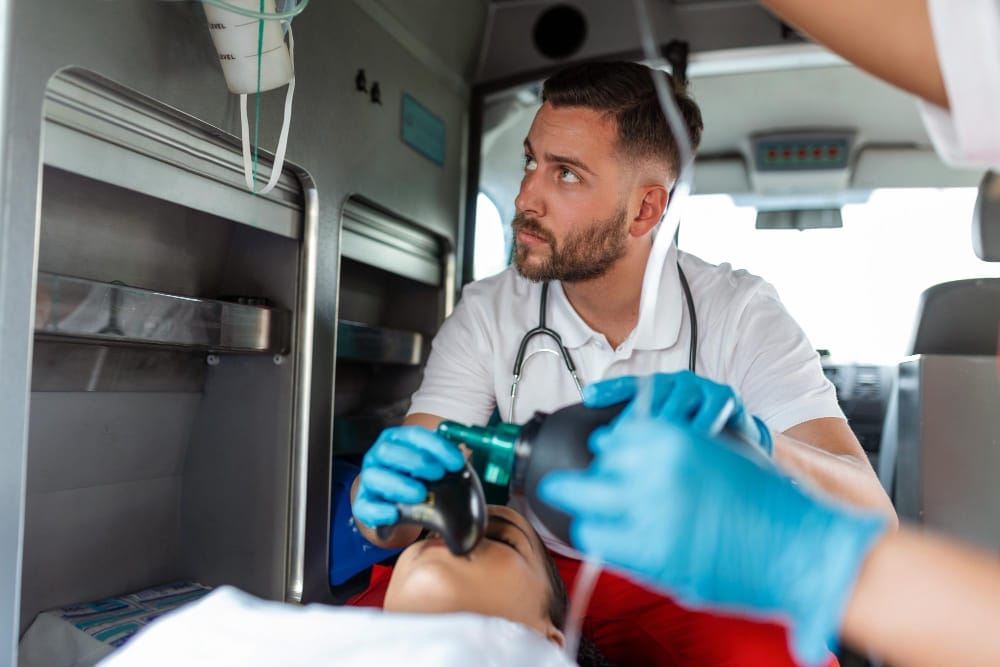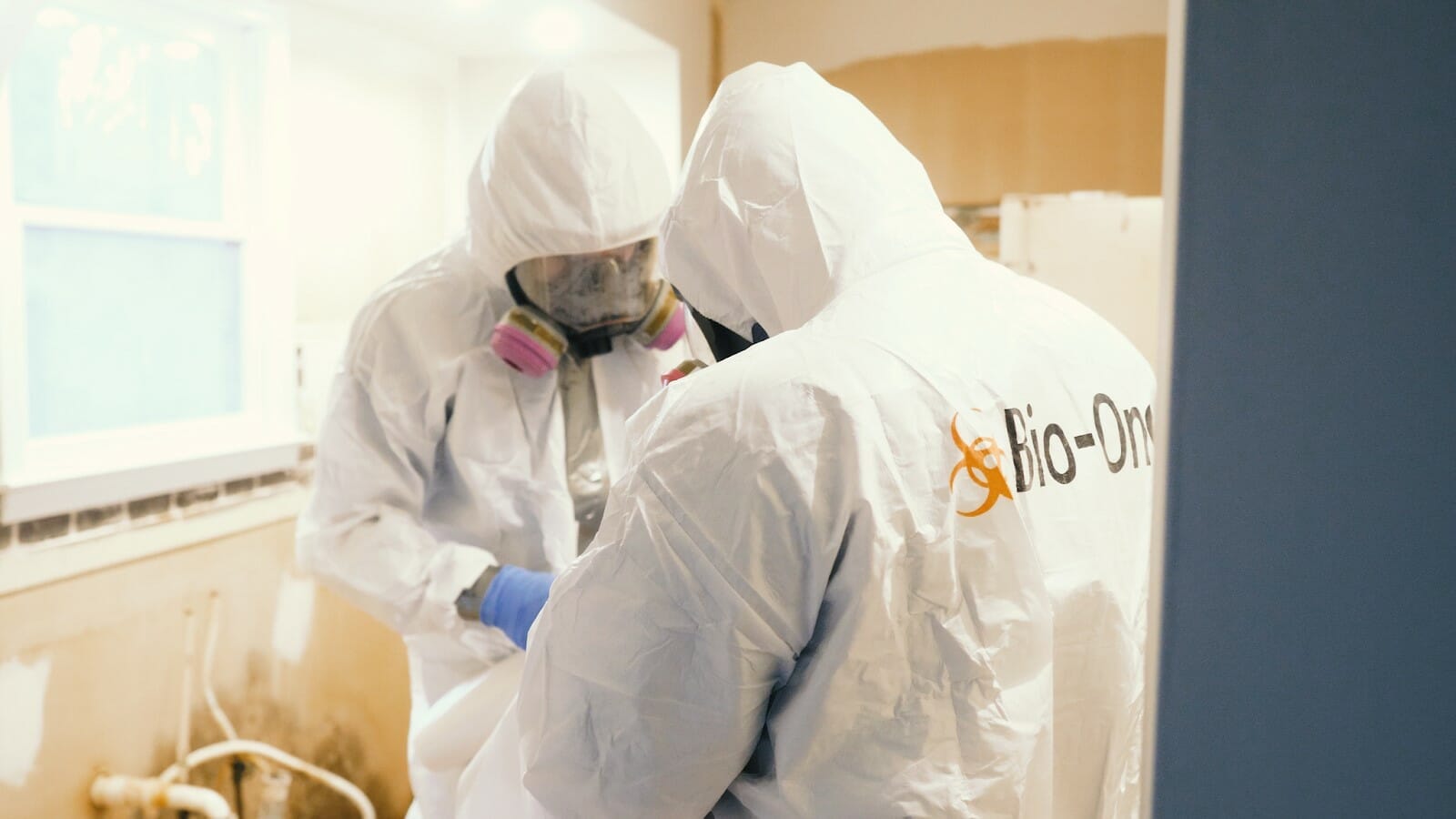
Fentanyl is a synthetic opioid commonly used for pain management. Unfortunately, it has gained popularity as an illicit drug that is illegally produced and distributed on the streets. The potency of fentanyl is one of the reasons why it is so dangerous. Even small quantities can cause severe respiratory depression, leading to accidental overdose. In this blog post, we will discuss four fentanyl exposure symptoms and how to stay safe while handling this deadly drug.
Fentanyl exposure can cause respiratory distress, meaning it can suppress the body's ability to breathe. Symptoms of this include shallow breathing, slow breathing, or even complete cessation of breathing. In some cases, fentanyl exposure can lead to respiratory arrest and death if not treated immediately.

One of the most visible signs of fentanyl exposure is cyanosis, which is a bluish discoloration of the lips and nails. This occurs when there is a lack of oxygen in the blood due to respiratory distress. If you notice someone with blue lips or nails, it could be a sign of fentanyl overdose and should be treated as an emergency!
Fentanyl exposure can also lead to nausea and vomiting, which are common symptoms of opioid overdose. This occurs due to the disruption of the body's natural balance caused by fentanyl.
In severe cases of fentanyl exposure, the individual may experience stupor, which is a state of near-unconsciousness. They may also become completely unconscious and unresponsive. These are critical signs of overdose and require immediate medical attention.

Aside from the four main symptoms discussed above, fentanyl exposure can also cause:
In extreme cases, fentanyl exposure can also cause seizures, coma, and death. If you suspect exposure to fentanyl, it is critical to call emergency services right away. Time is of the essence, and prompt medical attention can make all the difference.

Fentanyl is a potent opioid that should be handled with extreme caution. If you are required to handle fentanyl in your job (as an emergency responder, for example) or personal life, here are some tips to keep yourself safe:
Learn more: 4-Step Plan For a Safe Fentanyl Cleanup After an Overdose
As mentioned earlier, naloxone is an opioid overdose reversal medication that can save lives in case of accidental fentanyl exposure or overdose. It works by quickly binding to the same receptors in the brain as fentanyl, blocking its effects and potentially reversing an overdose.

Naloxone comes in different forms, including nasal spray and injectable versions. In most cases, it is available over the counter without a prescription. If you know someone who may be at risk of fentanyl exposure, it is highly recommended to have naloxone on hand and learn how to use it correctly.
In conclusion, fentanyl is a dangerous drug that can have fatal effects, especially without proper safety measures. Early detection is crucial in avoiding severe outcomes. If you have been exposed to fentanyl and need professional remediation services, Bio-One of Oceanside has the expertise and tools you need to keep your surroundings safe and clean. Don't hesitate to call us for assistance. Stay safe and take care of yourself and others!